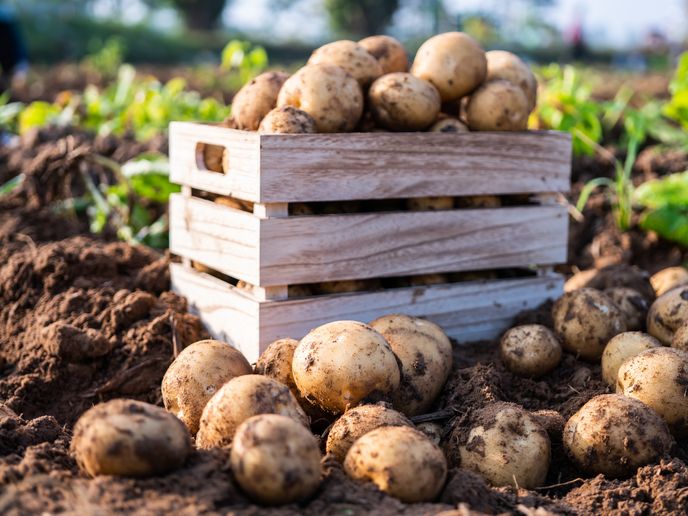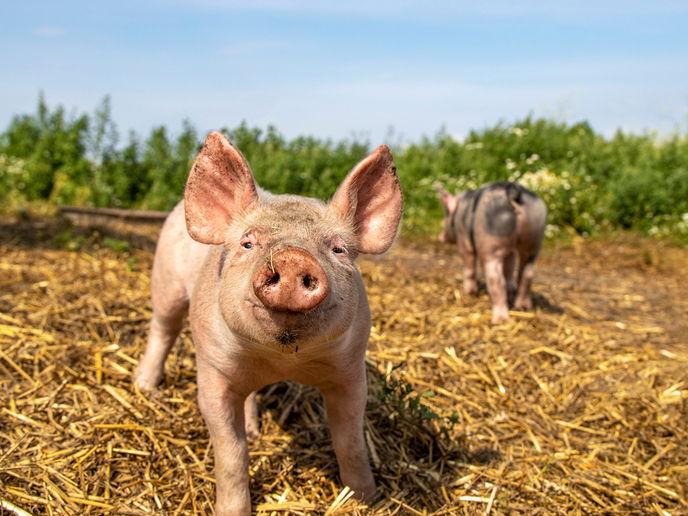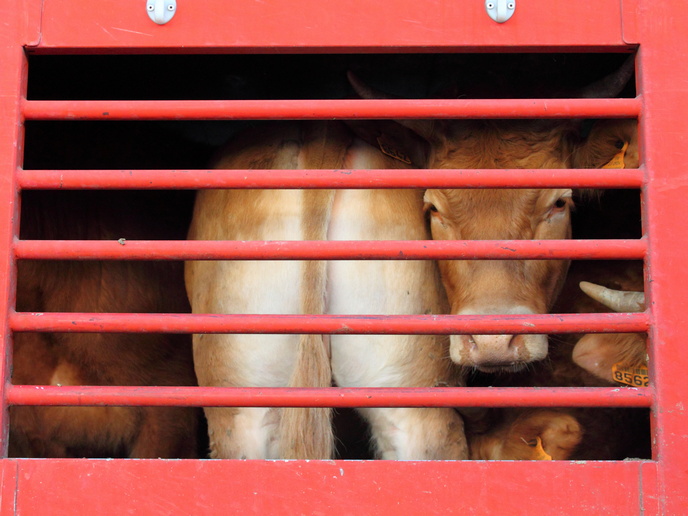How farmed fish perceive and cope with challenges
Farmed fish suffer from a range of stressors like overcrowding, poor water quality, handling, transportation, vaccinations, and disease and parasite treatments. While some individual fish respond poorly to stress by becoming more susceptible to disease and even death, others thrive under the same conditions. To improve the welfare of farmed fish, the EU-funded COPEWELL (A new integrative framework for the study of fish welfare based on the concepts of allostasis, appraisal and coping styles) initiative sought to understand differences in how fish cope with stress and how stress exposure affects later development. Researchers studied the three most important European cultured fish species, Atlantic salmon (Salmo salar), European sea bass (Dicentrarchus labrax) and Gilthead sea bream (Sparus auratus). They exposed the fish to stressors varying in nature, intensity and predictability, and looked at responses in different parts of the fish brain and their behaviour. For the first time, they showed that fish with differing coping styles have clear differences in forebrain area activation. Researchers also used zebrafish as a model to study how a fish's subjective perceptions lead to different stress responses. They showed that the environment triggers physiological responses based on an individual fish's assessment of the stimulus, rather than the nature of the stimulus itself. The way that different fish perceived the same stimulus was influenced by how predictable and controllable the stimulus was. Looking at the long-term effects of chronic stressors, researchers found that exposure to stress at an early developmental stage had profound effects later in life. These included changes in gene expression, growth rate and brain architecture during subsequent development. Interestingly, juvenile salmon compensated for stress-induced slow growth by downregulating stress responses and growing faster. This indicates that experience to a moderate amount of stress exposure during early life may prepare individuals to perform better in aquaculture. A deeper understanding of how fish appraise their world and cope with their environment should profoundly influence how fish are reared on fish farms. This should promote higher fish yields and improve fish welfare in aquaculture.
Keywords
Farmed fish, stressors, COPEWELL, coping styles, appraisal, salmon, sea bass, sea bream, fish brain, ontogeny







